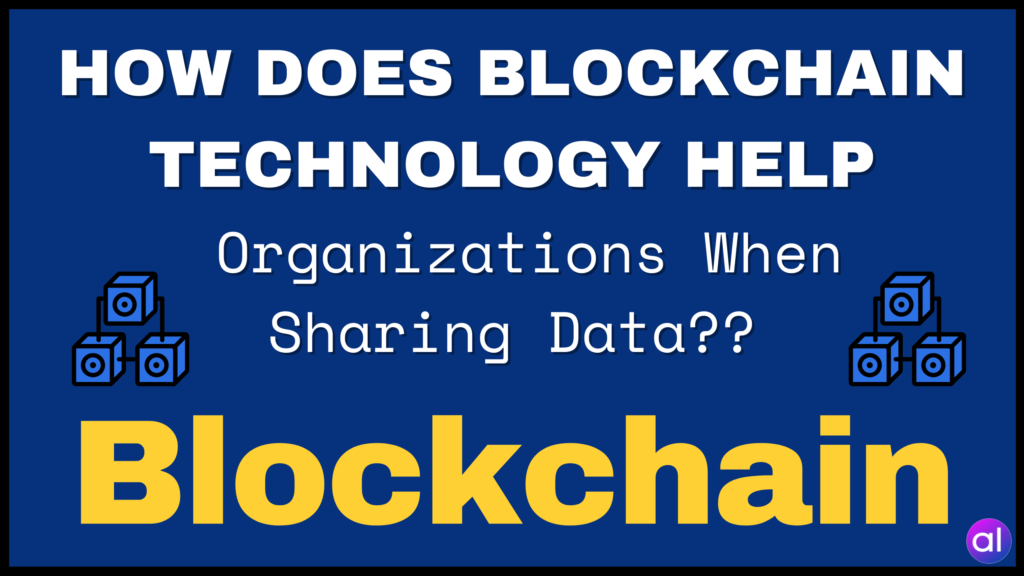What is Digital Identity?
Digital Identity Management (DIDM) is a system that connects individuals with their online identities. It is one of the oldest and toughest problems in the digital world, with security and privacy being major challenges facing online identities. The fast-evolving blockchain technology offers new approaches to address these challenges, leading to risk-free private transactions without the need for a third party.
Digital identity is the online representation of an individual or organization, containing details about their online actions and relationships. This information can include a person’s name, email address, social media accounts, online shopping habits, and online behavior. Digital identity is crucial as it forms the basis of multiple online interactions, such as accessing online services and conducting transactions.
Security and Privacy Challenges of Digital Identity
Security and privacy are essential concerns when it comes to digital identities, as the collection, storage, and usage of sensitive information can pose serious risks. Data breaches, centralized storage, invasion of privacy, authentication issues, and interoperability challenges are some of the key issues faced in digital identity management.
Effectiveness of Blockchain for Digital Identity
Blockchain technology offers enhanced security, privacy, integrity, trust, and simplicity for digital identity management. Blockchain-based systems use encryption and immutable storage to protect data, ensuring privacy and secure transactions. The decentralized nature of blockchain networks makes them resilient to attacks and provides transparency in tracking identity-related transactions.
Future Enhancements
Blockchain technology is poised to revolutionize the future of digital identity management by providing a secure, transparent, and decentralized platform for managing and storing sensitive information. Blockchain-based solutions offer efficient and cost-effective identity verification processes, reducing the risk of forgery and identity theft. Integration of blockchain with emerging technologies like AI and IoT further enhances the capabilities of digital identity solutions.
Overall, the adoption of blockchain-based digital identity solutions by governments, businesses, and individuals is expected to grow in the coming years, creating a more secure and efficient digital identity ecosystem.



